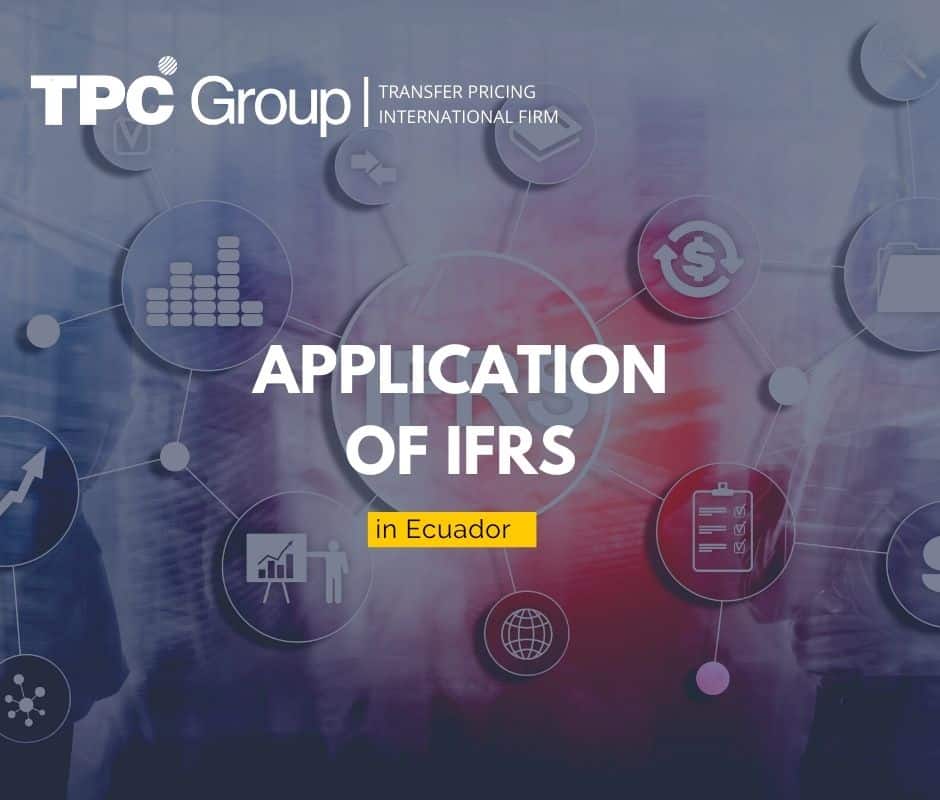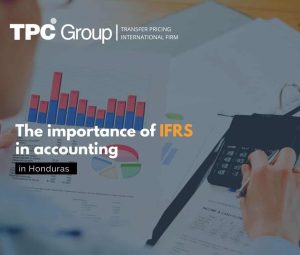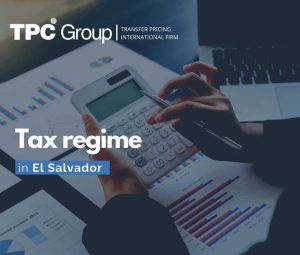IFRS Importance in Ecuador
Globalization has had an impact on the opening of capital markets in the world. This fact has been transcendental to increase the importance and implementation of the International Financial Reporting Standards (IFRS). The competitiveness of international companies, among others, has no boundaries in the world’s capital markets. As a result, investors, directors, and general managers expect high-quality financial information comparable anywhere in the world, arising the idea of adopting IFRS in Ecuador in 2008.
For many years, the GAAP (Generally Accepted Accounting Principles), presented in the NEC (Normas Ecuatorianas de Contabilidad – Ecuadorian Accounting Standards), were applied, and due to globalization and its adoption worldwide, the Ecuadorian government, through the SCVS (Superintendencia de Compañías, Valores y Seguros – Superintendence of Companies, Securities and Insurance) issued Resolution 08. G.D.DSC.010 of November 20, 2008, modified in Resolution No. SCVS-INC-DNCDN-2019-009 to define SMEs, substituting numeral 3 of Art. 1 of Resolution No. 08.G.DSC.010 of November 20, 2008, that establishes the implementation schedule of IFRS for Ecuadorian companies. Such adoption brings about important changes in the accounts of the financial statements that consequently have an impact on the financial ratios.
Structure of the Ecuadorian standards
The complete International Financial Reporting Standards (IFRS) and the International Financial Reporting Standard for Small and Medium Enterprises (IFRS for SMEs) are issued by the International Accounting Standards Board (IASB), an organization created in London, being accounting standards mandatory in Ecuador since 2010 for all companies reporting to the Superintendence of Companies. Whereas:
- The Complete IFRS have been designed to be applied to the financial statements for general information purposes and other financial information of all for-profit entities for publicly accountable companies.
- The IFRS for SMEs has been designed to be applied to the financial statements for general information purposes and other financial information of all for-profit entities for companies without public accountability.
Standards Implementation
Resolution No. SCVS-INC-DNCDN-2019-009, which issues the instructions to apply the complete IFRS and the IFRS for SMEs in the companies subject to the control and surveillance of the SCVS (Superintendencia de Compañías, Valores y Seguros – Superintendence of Companies, Securities and Insurance), establishes the following:
- The complete IFRS, along with reinsurance intermediary companies, insurance experts, insurance production advisors, and all companies performing external auditing activities, will be applied by those companies subscribed in the Public Registry of the Securities Market.
- Companies with total assets equal to or greater than four million dollars, SMEs, Holding companies, mixed economy companies, companies incorporated by the State, public sector entities, branches of foreign companies, foreign companies operating in Ecuador, external auditing companies not subscribed in the Public Registry of the Stock Market may apply the IFRS for SMEs under section 35 of the said standard that established thereto.
- Other companies not considered in the two previous groups will apply the IFRS for SMEs. SMEs are defined as companies that meet the following conditions:
- Amount of assets less than US $4,000,000.
- To record a gross annual sales value of up to the US $5,000,000.
- To have less than 200 workers (employed personnel). For this calculation, the weighted annual average will be used.
Any company subject to SCVS control opting to subscribe to the Public Registry of the Securities Market shall apply the complete IFRS.
If a company regulated by the Companies Law, which had been implementing the complete IFRS, cancels its subscription to the Public Registry of the Securities Market and decides to avail itself of the option provided for in this Resolution, it may implement the IFRS for SMEs in the following fiscal year, whereby it shall be subject to the provisions of section 35 of the said standard “Transition to the IFRS for SMEs.”
The transition period for companies that modified their situation will be the year of change.
Classification of Companies in Ecuador
Resolution No. SC.INPA.UA.G-10.005 of 2010.11.05, R.O. No. 335 of 2010.12.07 established the following classification of companies in the country:
- Micro companies
- Small companies
- Medium companies
- Large companies
Regulatory Entity
Article 294 of the Companies Law empowers the SCVS to determine by resolution the accounting principles of the Companies subject to its control, which shall obligatorily apply in the preparation of their financial statements.
Through Resolution No. 06.Q.ICI.004 of August 21, 2006, the SCVS determined the mandatory implementation of IFRS by the companies subject to the control and surveillance thereof from January 1, 2009.



